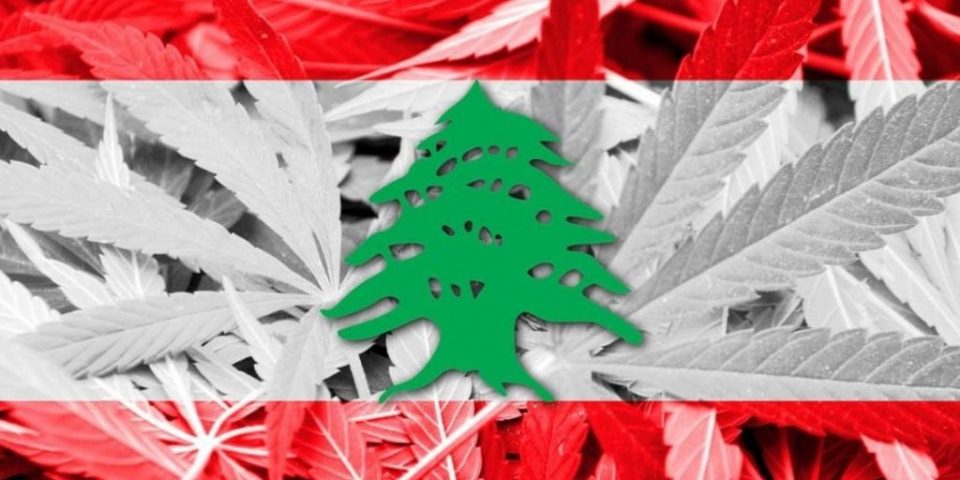Lebanon is about to take a historic step for the Arab World. The Lebanese parliament legalized cannabis farming for medicinal use on Tuesday, a potentially lucrative export for an economy in dire need of foreign currency as it grapples with a paralyzing financial crisis.
Although growing the plant is illegal in Lebanon, cannabis has long been farmed openly in the fertile Bekaa Valley.
Parliament’s decision was “really driven by economic motives, nothing else”, said Alain Aoun, a senior MP in the Free Patriotic Movement founded by President Michel Aoun. “We have moral and social reservations but today there is the need to help the economy by any means,” he told Reuters.
The move would bring revenue for the government and develop the agricultural sector while legalizing cultivation which was in any case going on illegally, he said. “We don’t want to speculate on numbers … but let’s say it is worth a try”.
The Good, Bad & Ugly Truth
Hezbollah, a Shi’ite Islamist group backed by Iran, was one of the only parties to oppose the legislation approved in a session on Tuesday. Lebanon’s underground cannabis industry already generates annual exports estimated to be worth 200 million US dollars. The idea of legalizing cannabis cultivation with the aim of producing high value-added medicinal products for export was explored in a report by consultancy firm McKinsey commissioned by Lebanon in 2018.
In the fertile Bekaa valley in Eastern Lebanon, where communities have been growing cannabis for generations, this news has not gone down well. VICE’s Rony Karkar finds out why Lebanon is so keen to legalize cannabis, and travels to the village of Yammouneh, where one of the main cannabis farming communities live, to find out why they think they’ll lose out if their livelihood becomes legal.
Lebanon is known around the world for its hashish. In the Beqaa Valley farmers grow it with impunity, making millions of dollars a year. Backed by armed militiamen, the country’s drug lords have became untouchable. Benjamin Zand visits one of the biggest drug lords, and finds out how the civil war in neighbouring Syria means the farms have been able to flourish.






